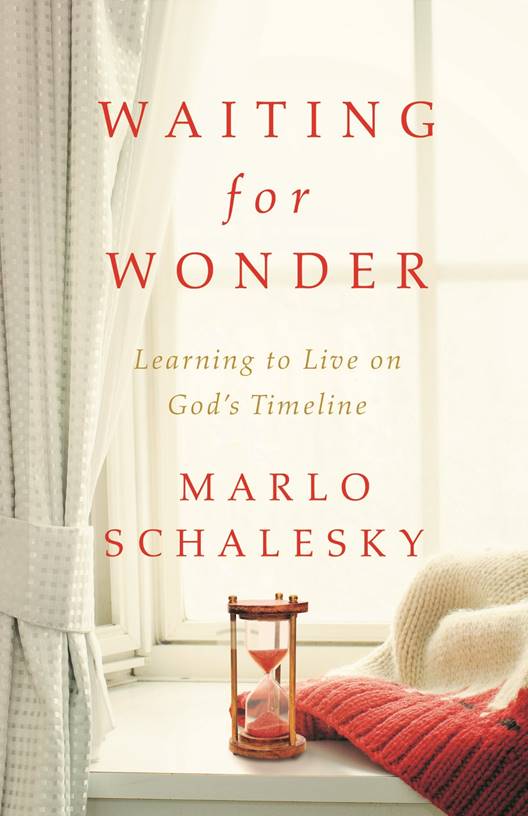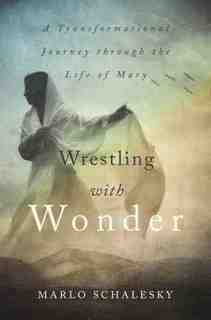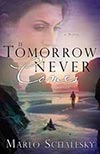Hi Friends,
We're just getting over some HUGE winter rainstorms, with flooding, mudslides, fallen trees, etc. I was reminded of this story from a few winters ago . . .
Winter Wonderland?
In winter, we don’t get snow. We get rain. A lot of it. It falls from the sky in tiny sprinkles, in waving sheets, in giant bucket-dumping sloshes until driveways glisten and puddles form enticing pools for kids to jump in with their new canvas tennis shoes. It rains until potholes become craters and horse pens become mud baths.
Until there’s nothing but mud and muck and mess.
I’m a much bigger fan of spring. At least, I used to be.
After all, the winter slog is the same every year. I slip on oversized rubber boots, tramp through swamp-like terrain to clean horse stalls, scoop out puddle-filled pig pens, and scrap gunk off equines who have all become the same dark brown color of soggy dirt. Palominos, greys, whites, chestnuts, and duns … all the color of wet earth. Then I trudge back home. I wipe doggie feet. I wash shoes. I clean too many floors. I do it all over again the next day.
And I thank God for the rain because I live in California where there have been too many years of drought.
But mud is no fun. Muck can be discouraging. And nobody likes a mess.
We like life to be tidy. We like it to go according to plan, our ducks in a row, our horses all their natural colors. Just as it should be.
We like the spring. Winter is too messy.
Yet, as I pull on the big rubber boots one more time, grab a shovel, and head to the barn, I notice something. The patches of clover that died in the fall have started to come to life again. A few bright yellow flowers dot a landscape that had turned to dust. And the little sprigs I planted months ago, the ones that refused to grow in the autumn heat, have perked up their heads and have just begun to look more like plants than dried weeds.
Maybe the mess and muck and mud aren’t so bad after all. Maybe it’s precisely in the mess that new life can take root … on the path to the barn and in life.
After all, it was through the mud of the parted Red Sea that God led his people out of slavery and to a new life of freedom (Exodus 14). It was in the muck of a stable that the Savior and Messiah was born and God became human is the mess of childbirth (Luke 2). And it was through the mire and horror of beatings and a bloody death on a Roman cross that redemption and reconciliation were won for us all.
Perhaps God does his best work in the mud and messes of life.
And so, maybe, it is time to be a fan of winter. Because winter reminds us that it is often in the yuck of life that God works most powerfully to bring new life, new hope, and amazing redemption. It’s in the messy places that we find new ways to bloom through his grace. Those places in life where rain has come instead of snow and it’s made a mess of things, those times when we have to put on the big boots and muddle through as best we can, those areas of life that aren’t neat and tidy as we hoped and planned … those are the very places in which God is most deeply at work to bring new growth and new life. It’s in the messiest parts of life that we most fully encounter God’s wonder.
So as I’m slogging through the mud of winter, wiping away grimy paw prints yet again, scrubbing shoes that were once clean, and dreaming of the picture-perfect scenes of spring, I remind myself that it’s here, in the mess, that I encounter the beauty of an active and loving God. It’s here that I find him with sleeves rolled up, working to bring me out of slavery, to come into my world and give me good news of great joy, and to redeem all the mud and muck for his glory.
It is here that I encounter God’s winter wonderland. And today, I am glad that it’s winter.










